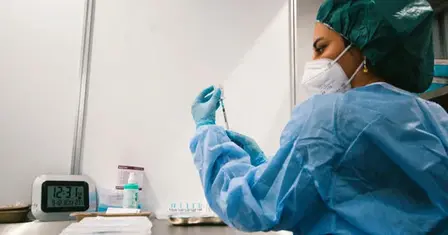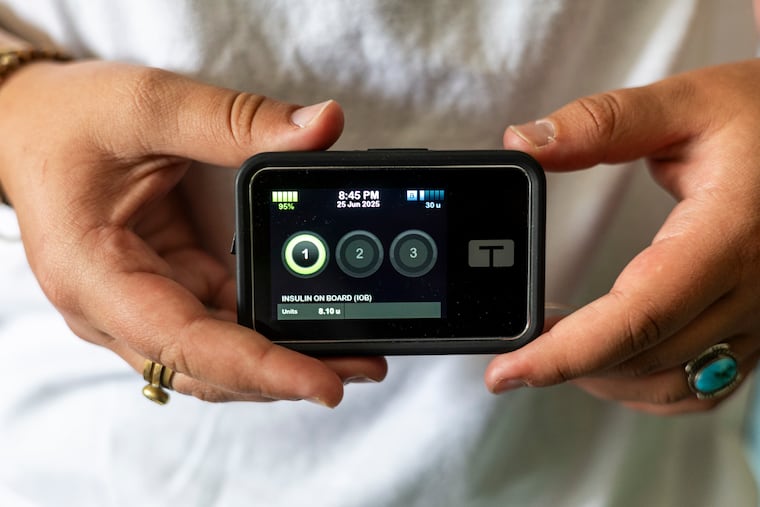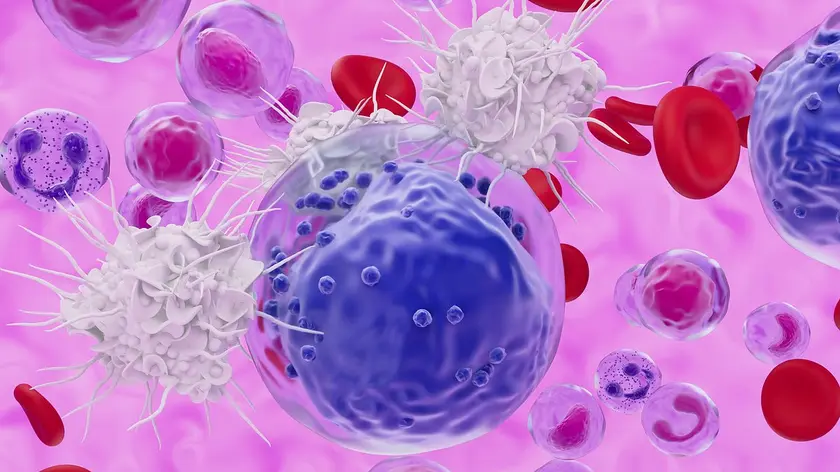T4K3.news
CAR NK therapy shows promise for autoimmune diseases
Early lupus and related trials show improvements with fewer side effects, but more data are needed to confirm durability and safety.

A new treatment using natural killer cells aims to curb autoimmune diseases by targeting the cells that fuel harmful antibodies.
CAR NK therapy offers targeted hope for autoimmune diseases
A new therapy uses natural killer cells to destroy rogue immune cells that produce faulty antibodies in autoimmune diseases. Early findings from lupus patients and other conditions suggest symptoms improve and the immune system may reset, potentially offering longer relief than current treatments. In the UK, about four million people live with an autoimmune condition, according to a major Lancet study. Unlike some existing therapies, this approach could reduce the need for long term steroids and immunosuppressants that carry infection and cancer risks. The technology, CAR NK, places an artificial receptor into NK cells to hunt the cells that drive disease. Because NK cells can be made in bulk from donor sources and frozen for later use, manufacturing could be cheaper and faster than CAR T cell therapies. Results from lupus patients show improvements with no serious side effects reported so far, and a rare systemic sclerosis case showed tissue around blood vessels returning toward normal. Experts say the approach could transform care if larger trials confirm safety and durability.
Key Takeaways
"The approach is promising but is in its infancy"
Walker on the early stage of CAR NK therapy
"A single course of treatment could change the course of autoimmune care"
Industry optimism about durability and reduced reliance on other medicines
"This could transform how we treat chronic autoimmune diseases"
Expert's view on potential impact across multiple conditions
The development signals a potential shift from lifelong suppression of the immune system to targeted, one or few course therapies. If durable, CAR NK could lower treatment costs and widen access, especially in systems pressed by chronic autoimmune burdens. Yet the field is in early stages. Small patient numbers, limited long term data, and the need for robust regulatory oversight pose real risks of hype outpacing evidence. Critics warn against premature adoption, while advocates emphasize the need for clear timelines and patient-centered outcomes. The promise rests on balancing innovation with practicality—ensuring safety, equity, and realistic expectations for patients who may live with these diseases for decades.
Highlights
- The approach is promising but is in its infancy
- A single course of treatment could change the course of autoimmune care
- This could transform how we treat chronic autoimmune diseases
Cost and access risks for CAR NK therapy
The science is promising but real world impact depends on scalable manufacturing, regulatory approval, and payer support. Early results come from small cohorts, so safety and durability data remain limited. Hype around a breakthrough could mislead patients and healthcare systems if timelines and costs are not managed.
Progress will depend on rigorous trials and transparent reporting.
Enjoyed this? Let your friends know!
Related News

New studies explore sunlight benefits for health

mRNA research funding under fire

Study shows promise for type 1 diabetes treatment

Mayo Clinic advances gene therapy for knee pain relief

New gene therapy shows promise for treating knee pain

Ginger shows promise for diabetes care at low cost

Immune youth comes with autoimmune risk

Psilocybin shows promise as an anti-aging treatment
